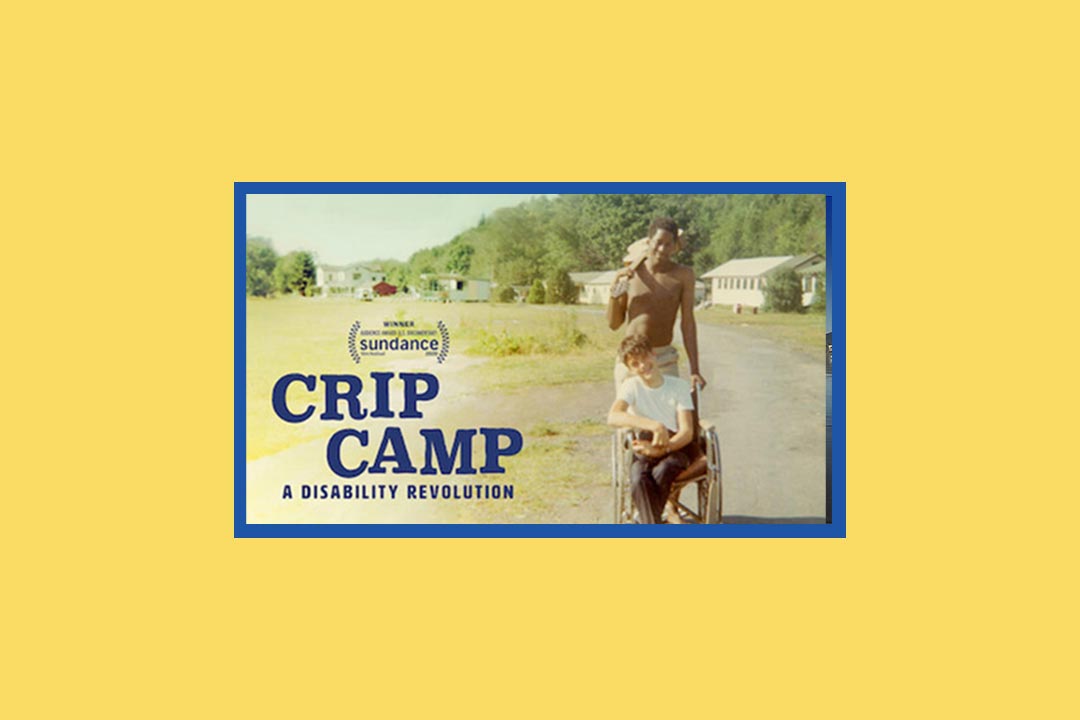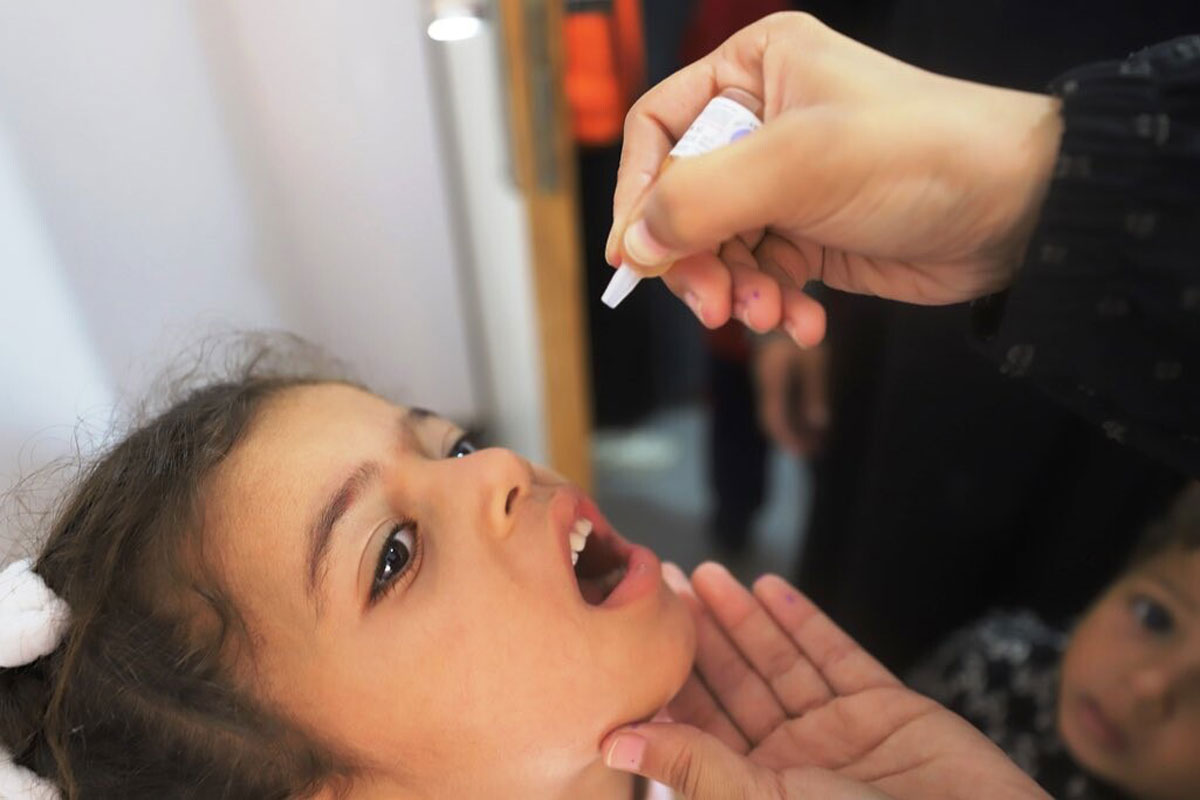Review: Crip Camp
Polio survivor and international disability rights activist Judy Heumann died this spring at 75. A 2020 documentary portraying her legacy offers important lessons for global health equity.
- 2 May 2023
- 5 min read
- by Amanda Tschopp

On 4 March 2023, the world lost a giant: Judy Heumann, often called "the mother of the disability rights movement". Paralysed by polio at age 18 months in 1949 (before the polio vaccine was created), Judy was denied entry to her first day of school at age five in Brooklyn, New York, because the principal deemed her wheelchair a "fire hazard" – the first of many challenges to her human rights. Yet just over 20 years later, Judy was igniting a disability rights revolution.
There are so many lessons in Crip Camp and the history of the disability rights movement that can be applied to the fight for global health equity
What happened during those two decades to change the course of Judy's life and propel her to become an internationally recognised advocate for disability rights? For one thing, Judy went to camp. Every summer from ages 9 to 18. But this was not just any summer camp. It was Camp Jened: a camp for disabled people in the Catskill Mountains of New York – where campers who had faced isolation, discrimination and institutionalisation could for a few utopian weeks experience "liberation and full inclusion as human beings".
Executive produced by Barack and Michelle Obama and co-directed by Camp Jened alum Jim LeBrecht, the 2020 documentary film Crip Camp – a cheeky nod to a slang term for "cripple" – follows the campers and counsellors through 1971 documentary footage and contemporary interviews. Explains LeBrecht, who was born with spina bifida: "What we saw at that camp was that our lives could be better. … [Y]ou don't have anything to strive for if you don't know that it exists."
Through the friendships, understanding and respect forged at Camp Jened emerged the first sparks of the disability rights movement. Recalled Judy, who as a young adult returned to Jened as a counsellor, "We kept having these discussions. It was allowing us to recognise we needed to look at doing things together – not just at camp, but after camp."
As a significant contingent of Jened alums moved to Berkley, California, in the early 1970s, those sparks began to burn brightly. Said Judy in a media interview at the time: "I wanna see a feisty group of disabled people all around the world … a group of people who will not accept
'No' without asking,
'Why?' … [I]f you don't respect yourself, and if you don't demand what you believe in for yourself, you're not gonna get it."
Crip Camp takes us inside key tipping points in the US disability rights movement, following Judy and her fellow activists as they blocked traffic in front of President Nixon's New York re-election headquarters in 1972, to the 504 Sit-In in San Francisco in 1977 (the longest nonviolent occupation of a federal building in US history) to the Capitol Crawl up the steps of the US Capitol Building in 1990 – through the landmark July 1990 passage of the Americans with Disabilities Act (ADA), a civil rights law that prohibits discrimination against individuals with disabilities.
Have you read?
Judy continued her civil rights work in the international arena, co-founding one of the first global disability rights organisations, serving as the World Bank's first Adviser on Disability and Development and the US Department of State's first Special Advisor for International Disability Rights. A remembrance in the Harvard Law Review called Judy "instrumental in drafting and advocating for the UN Convention on the Rights of Persons with Disabilities", a human rights instrument that entered into force in 2008.
As the World Health Organization (WHO) explains, "Almost everyone will temporarily or permanently experience disability at some point in their life." As of 2021, an estimated 1.3 billion people – 16% of the global population – have significant disability; and nearly 80% live in low-income and middle-income countries. There are 240 million disabled children in the world today – including those who have been disabled by vaccine-preventable diseases such as measles, polio and rubella – who, according to UNICEF, "remain one of the most marginalised and excluded groups in society".
As the world continues to recover from the ongoing COVID-19 pandemic, there are so many lessons in Crip Camp and the history of the disability rights movement that can be applied to the fight for global health equity: the power of intersectional approaches; broad, inclusive coalitions that include marginalised populations; and cross-movement solidarity. The power of sharing those stories through video and personal narrative. And the power of abandoning shame and stigma around health conditions.
As she averred to Trevor Noah in a March 2020 Daily Show interview after the publication of her then recently published memoir, Being Heumann, "[P]eople with disabilities need to feel proud of who we are. We need not to be ashamed of who we are" – including people with invisible disabilities who are afraid to speak up due to stigma. "[W]hen we start speaking up about who we are with pride and, really, ownership – that we have a right to be equal members of our society wherever we live – that really makes a change."
The Academy Award-nominated documentary film Crip Camp is available on Netflix with subtitles in 29 languages; audio description in 15 languages; and with a descriptive transcript for Deafblind individuals. The film is rated R - Restricted by the Motion Picture Association (i.e. contains some adult material) for some language including sexual references.






